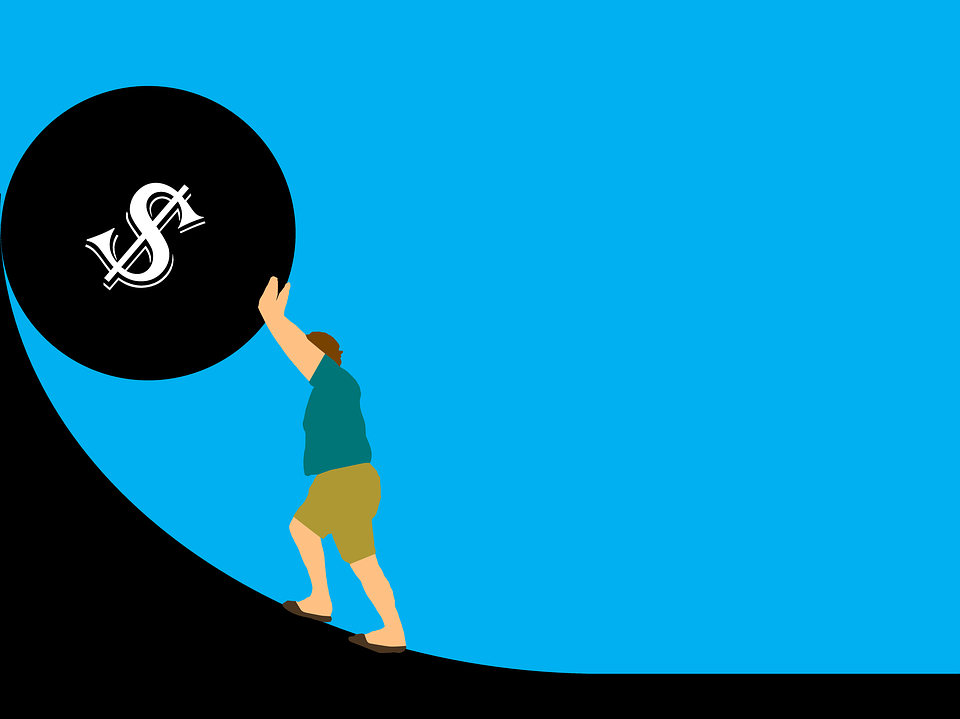How Debt Gets in the Way of Goals?
by Mashum Mollah Finance Published on: 15 April 2018 Last Updated on: 08 November 2024

The American dream is sometimes achieved through high amounts of debt. If you want to buy a new car, you take out a loan. If you want to attend college, you might apply for student loans. Debt can easily get out of control and leave you owing thousands. High amounts of debt can limit you financially and make it difficult to achieve your life goals.
Career Impacts
A high-paying career is useful for overcoming debt. An education is often needed to land a higher paying position, and that can be expensive. Yet, your student debt can also affect your ability to land your dream career if not managed carefully. Employers can pull a modified version of your credit report that includes late payment history and excessive debt. A poor report can indicate that you are disorganized, irresponsible, and do not honor payment contracts.
Living Options
Debt can also negatively affect your ability to rent or purchase a home. Both landlords and mortgage lenders run a credit check prior to approving residence. A Residential Mortgage Credit Report (RMCR) is used when purchasing a home. This credit report includes information compiled from the three separate credit bureaus. A negative report can result in a credit denial, making it difficult to find living accommodations.
Additional Loan Availability
There are a variety of reasons you might need to take out a financial loan. Purchasing a home, financing major repairs or renovations, buying a new car, and starting a business are all reasons that people take out loans. When you have poor credit and a lot of debt, it can be difficult to get approved for a loan of any type. If you are approved, you are likely to have a higher interest rate, meaning you are paying more in the long term for the initial loan amount.
How to Handle Your Debt
Being passive about debt can get in the way of your life goals. It is important to take action and create a repayment plan. Establish just how much you owe and to whom it is owed. Figure out which loans have the highest interest rates and which loans need to be repaid sooner. Pay down high-interest student loans by cutting costs, sticking to a budget, and increasing your income.
Consolidating and refinancing your student loans is also a viable option when your loans seem unmanageable. Refinancing allows you to take out a single loan that combines all of your individual student loan accounts. Depending on your credit score and the amount of debt owed, this could result in a more affordable monthly payment. It could also help you pay off your loans at a quicker pace and with a cheaper interest rate.
Debt can be overwhelming and affect your ability to reach your life goals. Although people make the mistake of ignoring their debt and hoping that it goes away, debt can weigh you down and stall your plans when you try to purchase a house, land a dream career, or take out a business loan. Tackling debt and creating a plan for overcoming it will get you back on track to reach those life goals.



































































































